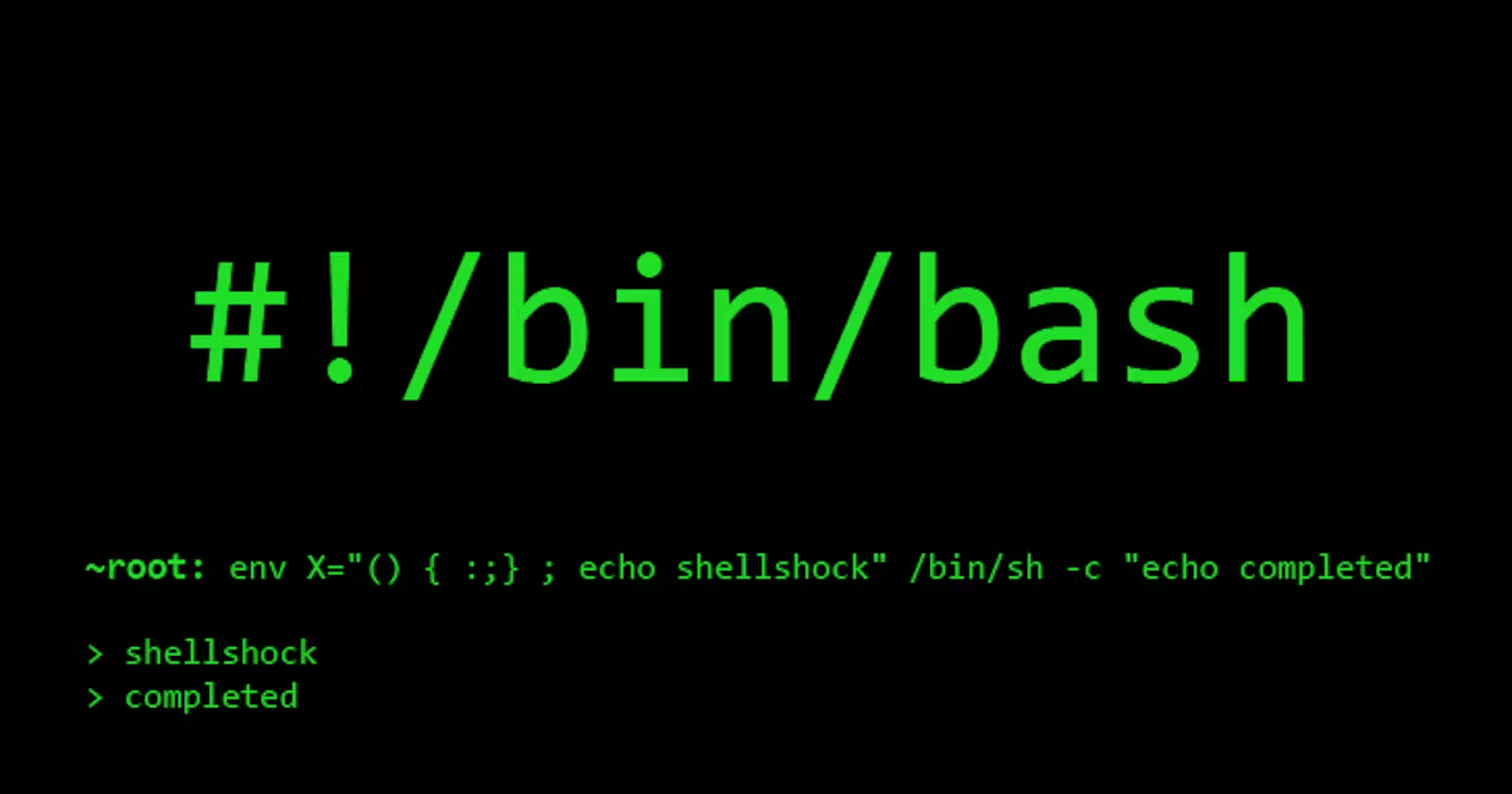Creating Users and Groups with a Bash Script
 David Yaro Gambo
David Yaro Gambo
Introduction
As part of the HNG Internship, a task was assigned to create a bash script to automate creating users and groups on a Linux system. This article will walk you through the process of writing the create_users.sh script, explaining each step, and demonstrating how to use it.
The script reads a text file containing employee usernames and group names, creates users and groups as specified, sets up home directories with appropriate permissions, generates random user passwords, and logs all actions.
Prerequisites
A Linux machine (preferably Ubuntu).
Root access to execute administrative commands.
Basic knowledge of shell scripting.
Script Overview
The create_users.sh script performs the following tasks:
Check if the script is run as root.
Reads a text file containing usernames and group names.
Creates users and groups as specified in the text file.
Generates random passwords for the users.
Logs all actions to
/var/log/user_management.log.Stores the generated passwords securely in
/var/secure/user_passwords.csv.
Script Details
#!/bin/bash
# Ensure the script is run as root
if [[ $EUID -ne 0 ]]; then
echo "This script must be run as root"
exit 1
fi
# Check if the input file is provided
if [ -z "$1" ]; then
echo "Usage: bash create_users.sh <name-of-text-file>"
exit 1
fi
# Log file and secure password storage
LOG_FILE="/var/log/user_management.log"
PASSWORD_FILE="/var/secure/user_passwords.csv"
# Create necessary directories and set permissions
mkdir -p /var/secure
chmod 700 /var/secure
touch $PASSWORD_FILE
chmod 600 $PASSWORD_FILE
touch $LOG_FILE
# Log function
log_action() {
echo "$(date +"%Y-%m-%d %T") - $1" >> $LOG_FILE
}
# Process the input file
while IFS=';' read -r user groups; do
# Remove leading/trailing whitespace
user=$(echo "$user" | xargs)
groups=$(echo "$groups" | xargs)
# Skip empty lines
if [ -z "$user" ]; then
continue
fi
# Check if the user already exists
if id "$user" &>/dev/null; then
log_action "User $user already exists"
continue
fi
# Create the user's personal group
if ! getent group "$user" &>/dev/null; then
groupadd "$user"
log_action "Personal group $user created"
fi
# Create the user and add to their personal group
useradd -m -s /bin/bash -g "$user" "$user"
if [ $? -eq 0 ]; then
log_action "User $user created and added to personal group $user"
else
log_action "Failed to create user $user"
continue
fi
# Generate a random password
password=$(openssl rand -base64 12)
echo "$user:$password" | chpasswd
if [ $? -eq 0 ]; then
log_action "Password set for user $user"
else
log_action "Failed to set password for user $user"
fi
# Add the user to specified groups
IFS=',' read -r -a group_array <<< "$groups"
for group in "${group_array[@]}"; do
group=$(echo "$group" | xargs)
# Check if the group exists, create if it does not
if [ -n "$group" ]; then
if ! getent group "$group" &>/dev/null; then
groupadd "$group"
if [ $? -eq 0 ]; then
log_action "Group $group created"
else
log_action "Failed to create group $group"
fi
fi
usermod -aG "$group" "$user"
if [ $? -eq 0 ]; then
log_action "User $user added to group $group"
else
log_action "Failed to add user $user to group $group"
fi
fi
done
# Securely store the password
echo "$user,$password" >> $PASSWORD_FILE
done < "$1"
echo "User creation process completed. Check $LOG_FILE for details."
Script Explanation
- Checking for Root Privileges: The script checks if it's being run as the root user. If not, it exits with a message.
if [[ $EUID -ne 0 ]]; then
echo "This script must be run as root"
exit 1
fi
- Checking for Input File: The script checks if the input file is provided as an argument. If not, it exits with usage instructions.
if [ -z "$1" ]; then
echo "Usage: bash create_users.sh <name-of-text-file>"
exit 1
fi
- Setting Up Log and Password Files: The script sets up directories and files for logging and storing passwords securely.
LOG_FILE="/var/log/user_management.log"
PASSWORD_FILE="/var/secure/user_passwords.csv"
mkdir -p /var/secure
chmod 700 /var/secure
touch $PASSWORD_FILE
chmod 600 $PASSWORD_FILE
touch $LOG_FILE
- Logging Function: A function to log actions to the log file.
log_action() {
echo "$(date +"%Y-%m-%d %T") - $1" >> $LOG_FILE
}
- Processing the Input File: The script reads the input file line by line, creating users and adding them to groups as specified.
while IFS=';' read -r user groups; do
user=$(echo "$user" | xargs)
groups=$(echo "$groups" | xargs)
if [ -z "$user" ]; then
continue
fi
if id "$user" &>/dev/null; then
log_action "User $user already exists"
continue
fi
if ! getent group "$user" &>/dev/null; then
groupadd "$user"
log_action "Personal group $user created"
fi
useradd -m -s /bin/bash -g "$user" "$user"
if [ $? -eq 0 ]; then
log_action "User $user created and added to personal group $user"
else
log_action "Failed to create user $user"
continue
fi
password=$(openssl rand -base64 12)
echo "$user:$password" | chpasswd
if [ $? -eq 0 ]; then
log_action "Password set for user $user"
else
log_action "Failed to set password for user $user"
fi
IFS=',' read -r -a group_array <<< "$groups"
for group in "${group_array[@]}"; do
group=$(echo "$group" | xargs)
if [ -n "$group" ]; then
if ! getent group "$group" &>/dev/null; then
groupadd "$group"
if [ $? -eq 0 ]; then
log_action "Group $group created"
else
log_action "Failed to create group $group"
fi
fi
usermod -aG "$group" "$user"
if [ $? -eq 0 ]; then
log_action "User $user added to group $group"
else
log_action "Failed to add user $user to group $group"
fi
fi
done
echo "$user,$password" >> $PASSWORD_FILE
done < "$1"
- Completion Message: The script prints a message upon completion, directing the user to check the log file for details.
echo "User creation process completed. Check $LOG_FILE for details."
Usage
- Ensure the script has executable permissions:
chmod +x create_users.sh
- Run the script with
sudoto ensure it's executed with root privileges:
sudo ./create_users.sh users.txt
Example Input File (users.txt)
Ensure that the input file users.txt is correctly formatted without any leading or trailing whitespace:
gambo;sudo,dev,www-data
light;sudo,dev,www-data
idimma;sudo
mayowa;dev,www-data
Conclusion
This script automates creating users and groups, setting passwords, and logging actions on a Linux system. It is an essential tool for system administrators to manage user accounts efficiently.
To learn more about the HNG Internship program, visit the HNG Internship and HNG Hire pages. These resources provide valuable insights and opportunities for aspiring developers and engineers.
This task has been an enriching experience, enhancing my skills
Subscribe to my newsletter
Read articles from David Yaro Gambo directly inside your inbox. Subscribe to the newsletter, and don't miss out.
Written by
